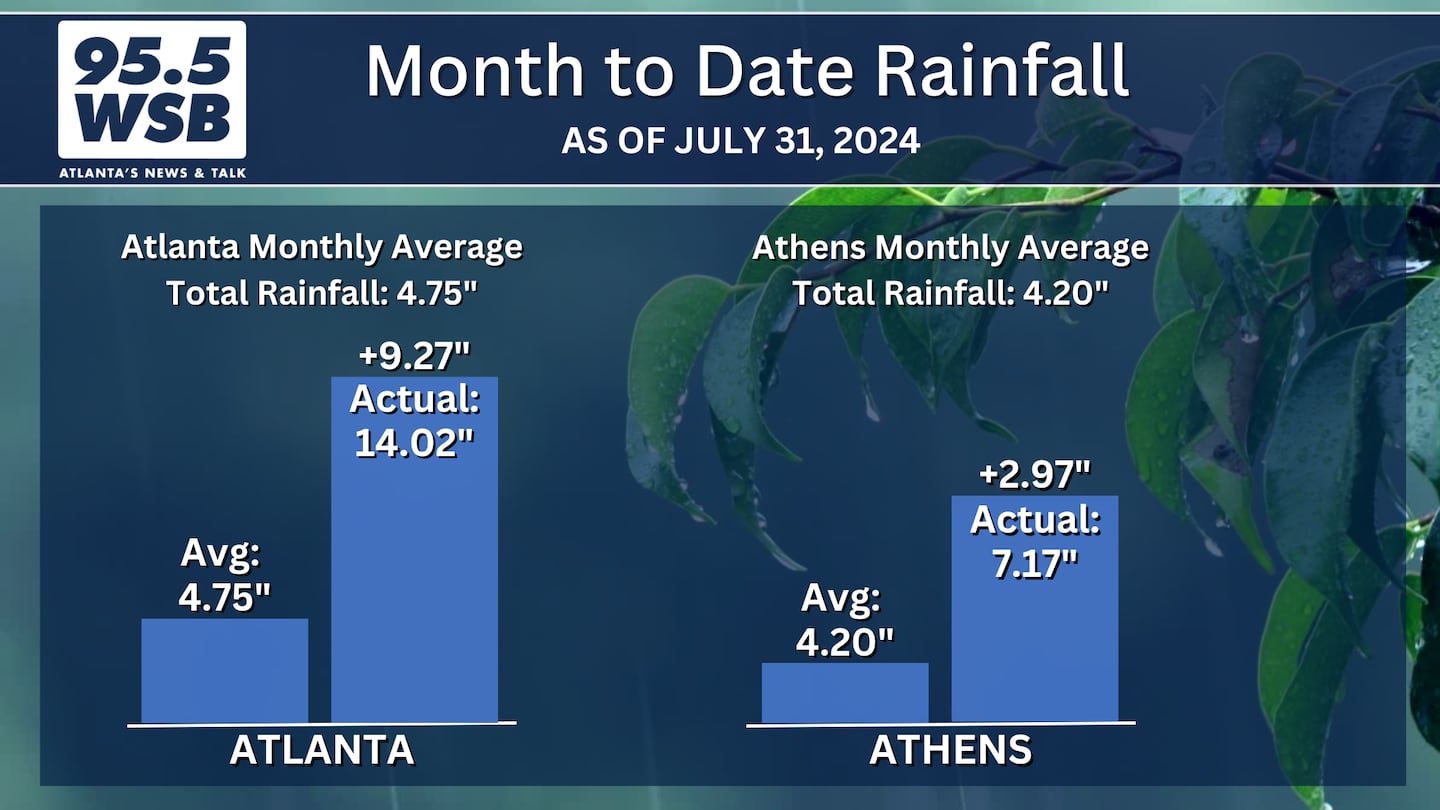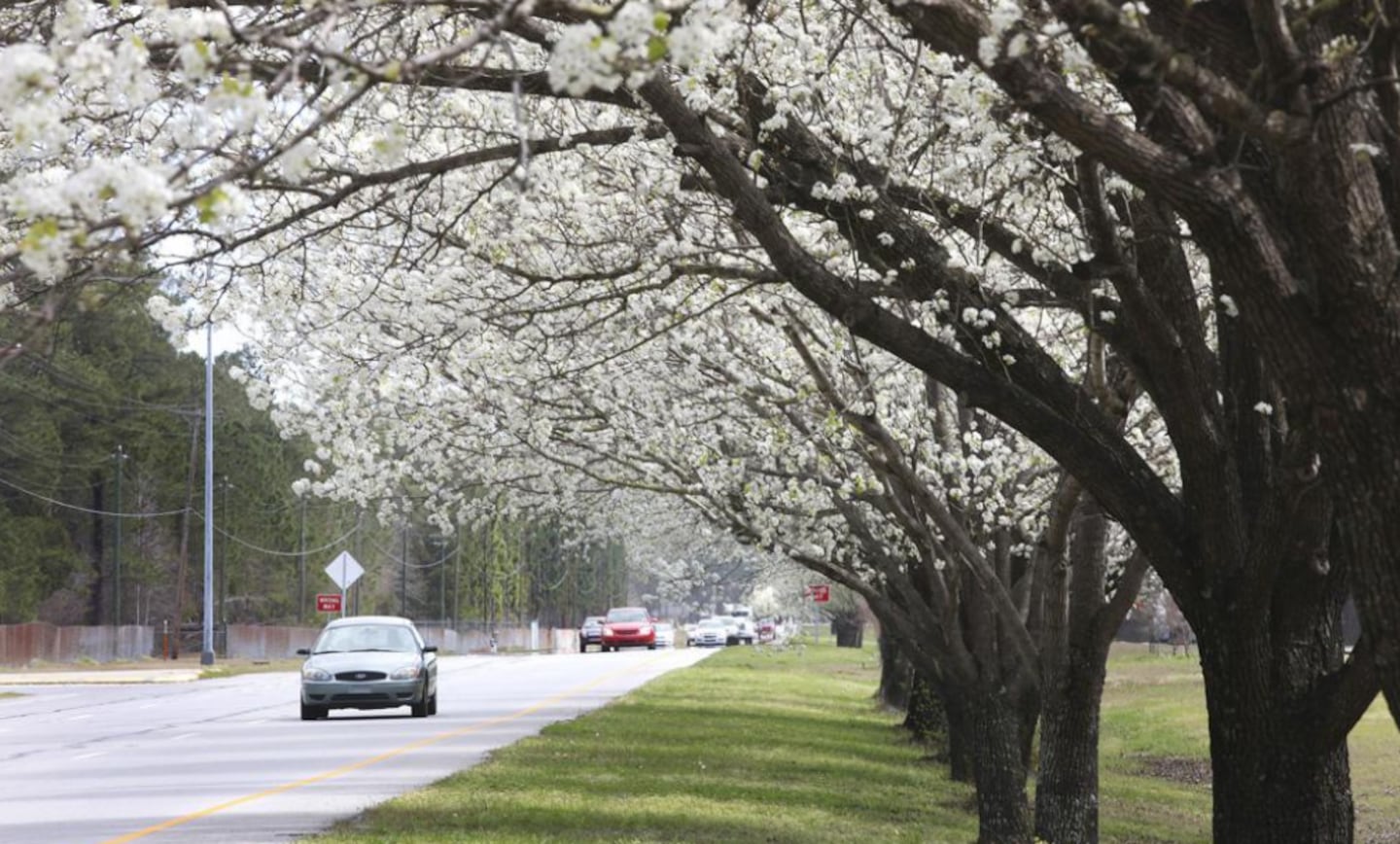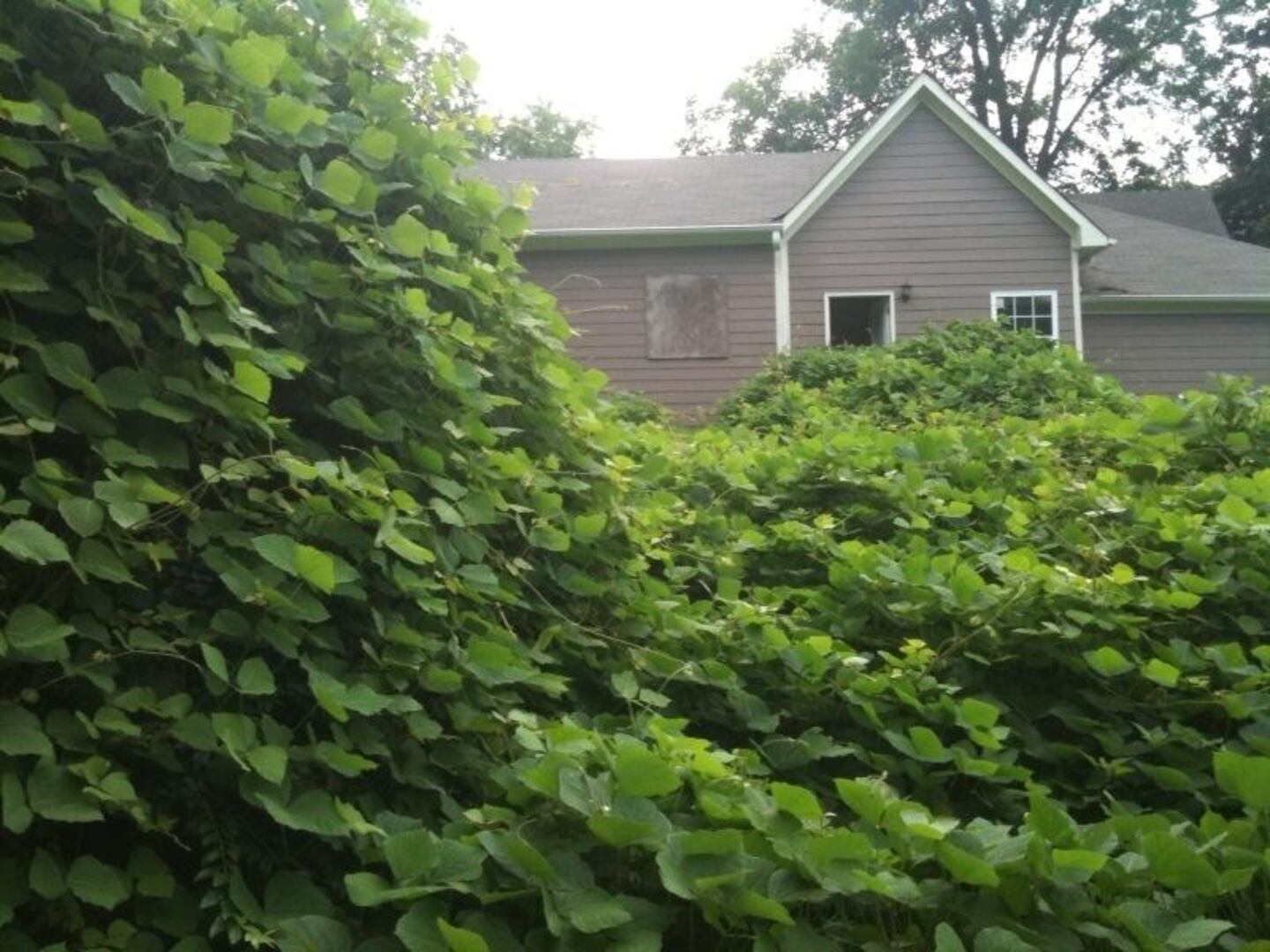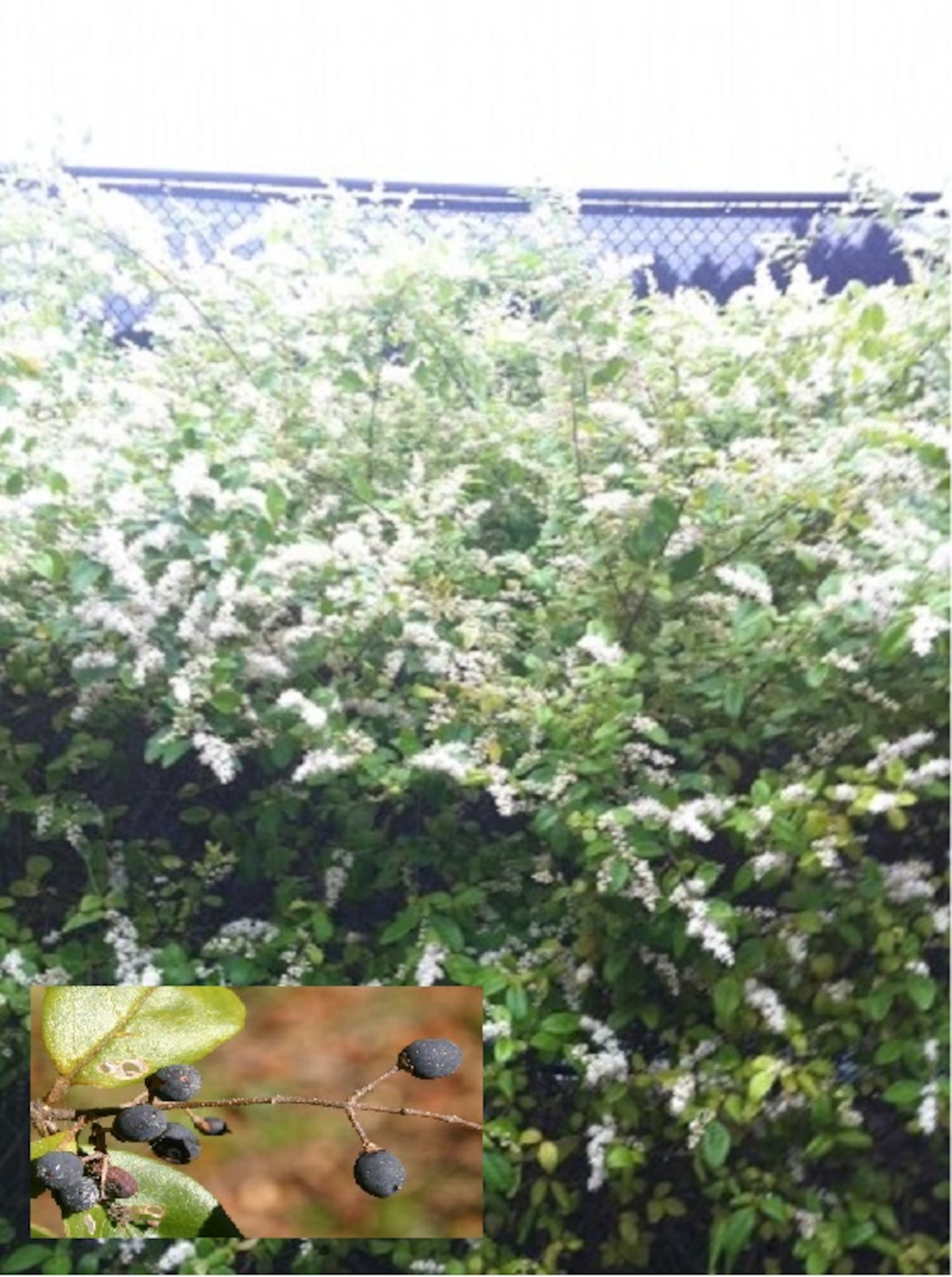July 2024 was the 4th Wettest July on record for the Atlanta area, but the first week of August has featured mainly dry conditions!
This provides an opportunity to assess this year’s summer garden, and to perhaps make plans and potential edits for next year’s garden.
I spoke with Ashley Frasca, host of Green and Growing on 95.5 WSB regarding some of the most common mistakes Georgia gardeners make when selecting plants for the garden.
Q: There are a lot of different species we can put in the ground, but we need to be aware -- as Georgia growers and gardeners -- what may or may not be a good “citizen” to put in the garden?
A: So we have our native plants, which we absolutely love. Those are very inviting to our native insects and our native birds -- but you don’t have to have a landscape with all native plants.
You can also have plants that are pretty and trendy.
But there is a difference between something that is invasive -- something that is maybe from the Asian continent or the European continent that was brought over here that doesn’t do well here.
There’s also things that are aggressive -- we like our mints, we like our milkweeds.
But some of them spread, so they are not invasive, they are just aggressive.
And then we have plants that are just nuisance plants -- you could pick something better.
Q: Like the Bradford Pear! Who brought the Bradford Pear to Metro Atlanta?! It smells awful, and apparently, during wind storms even during just a normal summer thunderstorm -- it knocks over because the branches can’t handle it.
A: Calgary Pear, Bradford Pear, they are very weak-structured trees, multi-trunked trees. With a lot of the weight, they can split in a storm. They can drop branches and they can shed a lot of leaves.
Not only the smell, but they are not native to Georgia. They aren’t very inviting for any insects to overwinter or for birds to make nests.
One of the really fascinating things about Bradford Pear, and we’re getting some movement on that tree here in Georgia -- South Carolina actually introduced a few years ago a bounty program where South Carolina citizens can turn in and prove to the government that they dug them up and they will give you a replacement plant that’s just a much better solution as a tree in your landscape.
If we could get that traction here in the Georgia area, I think that would be fantastic.
They were over-planted and used by builders way too often in the late 80s and the early 90s.
Q: It would have been nice if those were peach trees instead. A native peach tree for us here in Georgia?
A: Even some eastern redbud trees or oak trees -- something like that would have been a much better option.
Q: And kudzu -- we all love kudzu here in Atlanta, right? That is not native to Georgia, isn’t it?
A: That is invasive. Things you should not plant -- I’ve had callers to the radio show ask about these things -- include English ivy, kudzu, and bamboo.
Bamboo is also a no-no. Absolutely not, that is very invasive and very aggressive, so one of the better things to consider is shopping around the different varieties of bamboo. If you like that look, if you are looking for a Japanese Ornamental type garden, there are clumping types that aren’t going to spread as much.
And also privet -- Chinese privet is a no-no as a hedge as well.
Q: I battle the privet everyday. There’s new little branches coming out from the yard every day -- who did this??!!
A: Keep pulling it up, and birds! Birds spread the seeds for English ivy and privet -- we have to stay after it.
Talk Up a Storm With Me!
Facebook: Christina Edwards WSB
Instagram: ChristinaWSBwx
Twitter: @ChristinaWSBwx
TikTok: @ChristinaEdwards955WSB
©2024 Cox Media Group











